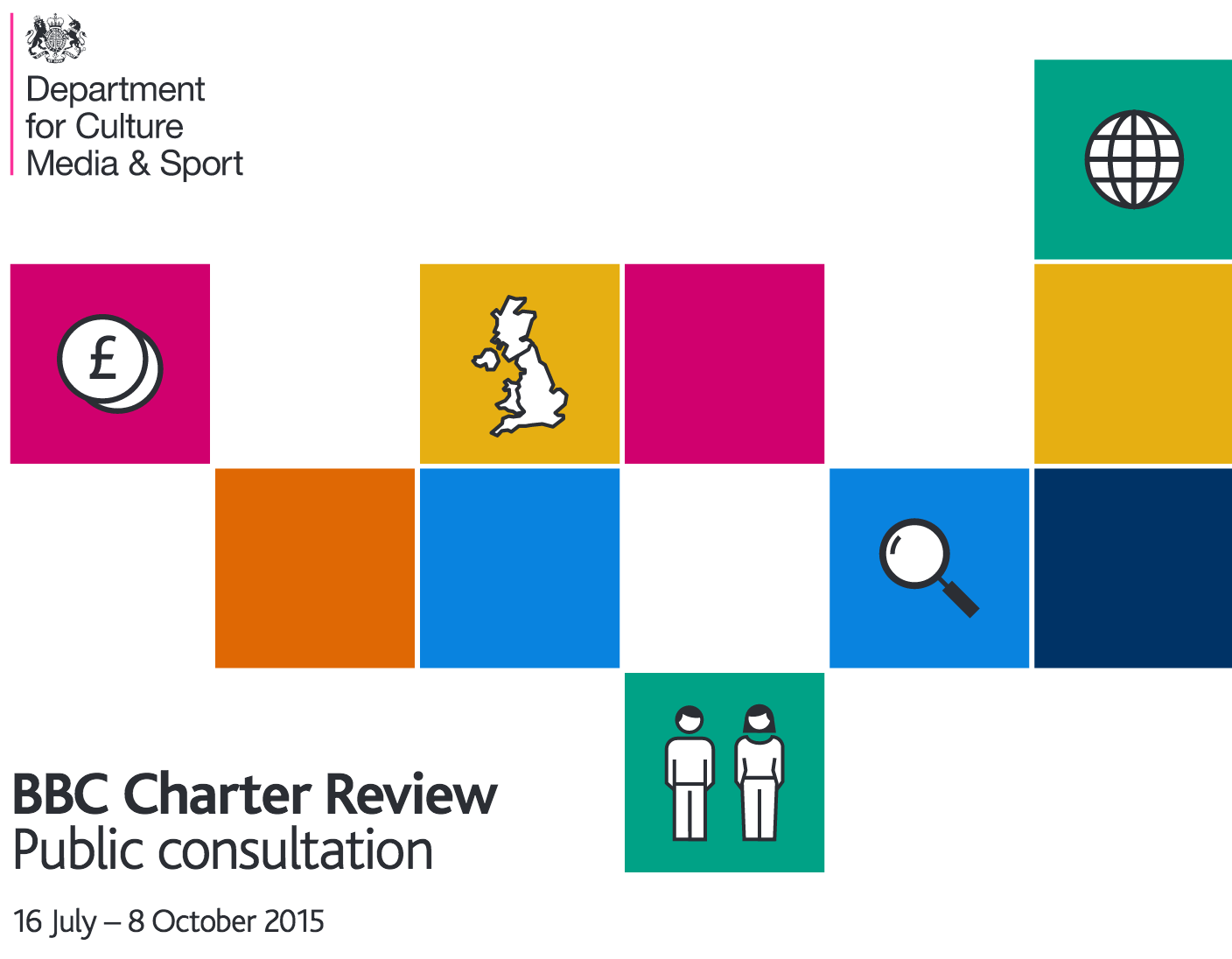![]() Recent political developments have continued to squeeze the BBC’s budget. In this report, Enders Analysis outline the extent of the revenue loss and explore its implications.
Recent political developments have continued to squeeze the BBC’s budget. In this report, Enders Analysis outline the extent of the revenue loss and explore its implications.
Last Monday’s (6 July) announcement by the Secretary of State marks the second major direct intervention by government without recourse to public consultation in the financing of the BBC throughout the corporation’s history. The previous occasion was 2010.
As in 2010, the government has interfered by top-slicing the BBC’s licence fee (LF) revenues. We estimate the current annual top-slicing component that will appear in the annual accounts for 2014/15 (BBC year running from April to March) to be in the region of £525 million, including funding the BBC World Service for the first time (est. circa £245 million). By the time the BBC fully absorbs the over-75 subsidy (worth £608 million) in 2020/21, we are looking at a total revenue impact of circa £750 million; that is without taking inflation into account.
When the announcement was made, the initial response by the BBC was that the outcome was cash-flat, as the over-75 subsidy would be offset by linking the LF with CPI inflation, with the possibility of further assistance following a review of the LF funding mechanism.
However, it is now clear from the DCMS letter to the BBC on 3 July that the government linking of the LF with CPI inflation is contingent on two other factors: (a) conclusions of the Charter review with respect to the purposes and scope of the BBC; and (b) demonstration by the BBC that it is undertaking efficiency savings at least equivalent to those in other parts of the public sector.
In our view, the latest government action poses a major threat to the creative economy. Key points:
• When the government intervened in 2010, the BBC accounted for 22% of total TV sector revenues and 49% share of first run content origination
• Though we have no Ofcom figures for radio, it is evident that the BBC still has a much higher share (well over 50%) of content investment in radio, as its content spend of £481 million in the 2013/14 financial year compared with total commercial sector revenues of £540 million
• Today, we forecast the combination of a frozen LF set against strong growth in TV advertising, pay-TV subscription and online video (both pay and advertising) revenues to see the BBC share of total TV sector revenues to fall to 17% in 2016, though we still expect BBC’s share of TV content origination spend to exceed 40%, while its radio share remains well above 50%
• But, the downhill trends are set to continue. Even if the BBC is granted the most favourable outcome of LF linked with CPI inflation, we estimate that its share of total TV sector revenues will have fallen to 12% by the end of the next Charter in 2026. The 12% figure is regardless of the assumed CPI inflation rate
This will inevitably have damaging repercussions on the BBC content budgets and puts the UK creative economy, for which the BBC is a pillar, at severe risk.
This report from Enders Analysis is reproduced here with permission and thanks. This post gives the views of the authors and does not represent the position of the LSE Media Policy Project blog, nor of the London School of Economics and Political Science.






